Have you ever wondered if your child is self-sufficient enough? Will your child be able to care for themselves if left alone for an extended period? Do you believe your girl child has the necessary life skills to face the world?
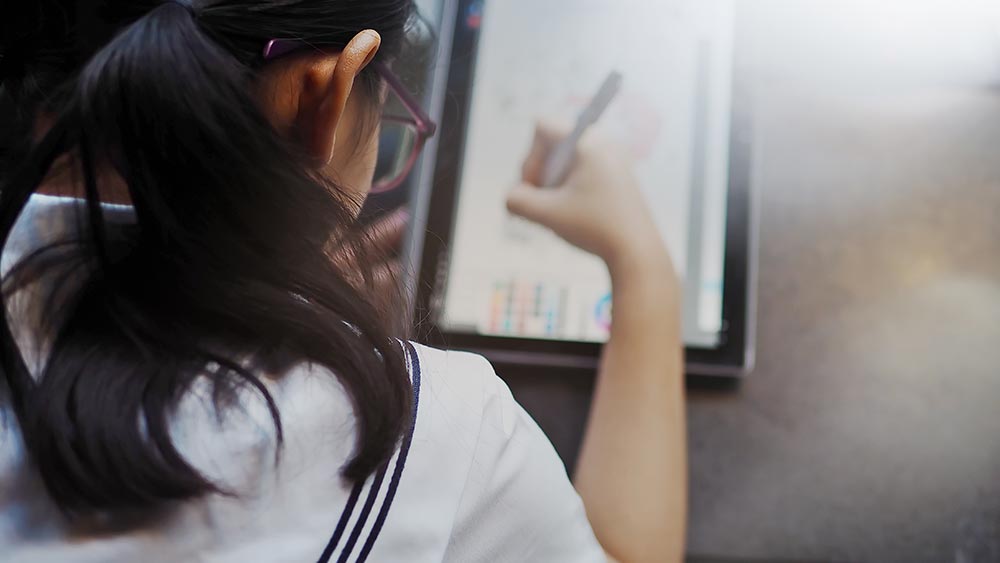
Children must possess more than academic intelligence. And no, enrolling children in a variety of activity classes isn't sufficient. If your child is unable to care for themselves, they will not be able to develop critical life skills or personality traits. Your child's life skill education cannot conclude with the exposure he or she receives at school. A youngster must be taught at home through experiences and training activities to understand its significance.
Ellen Galinsky, in her landmark book 'Mind in the Making,' explains seven skills important for success in all parts of life, including school, relationships, and employment. These abilities can be taught to children as early as kindergarten. They are:
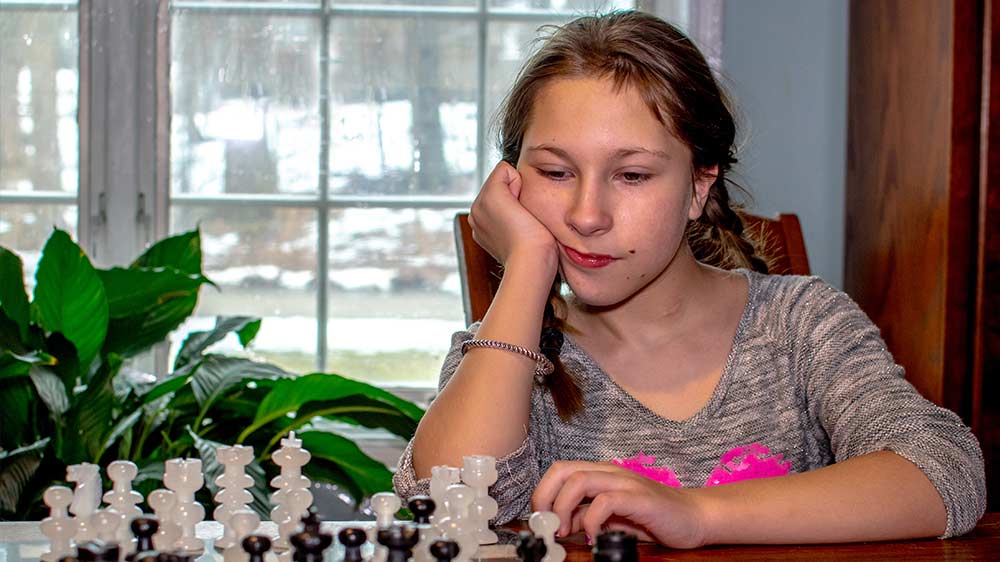
1. Taking On Challenges
The ability to take on difficulties, bounce back from defeat, and keep trying is one of the most significant skills we can develop in life. When we establish an atmosphere with just the right amount of structure—not too much to be restrictive, but just enough to make them feel safe—children learn to take on challenges. Encourage your youngster to take risks and attempt new things, such as climbing a tree or riding a bike. When she appears ready, give her a new challenge. For instance, tell her, 'I think you're ready to learn to tie your shoes. Let's see how it goes.' Focus on effort rather than achievement, for example, you can say, 'Learning to tie your shoes was difficult, but you persevered. Way to go.'
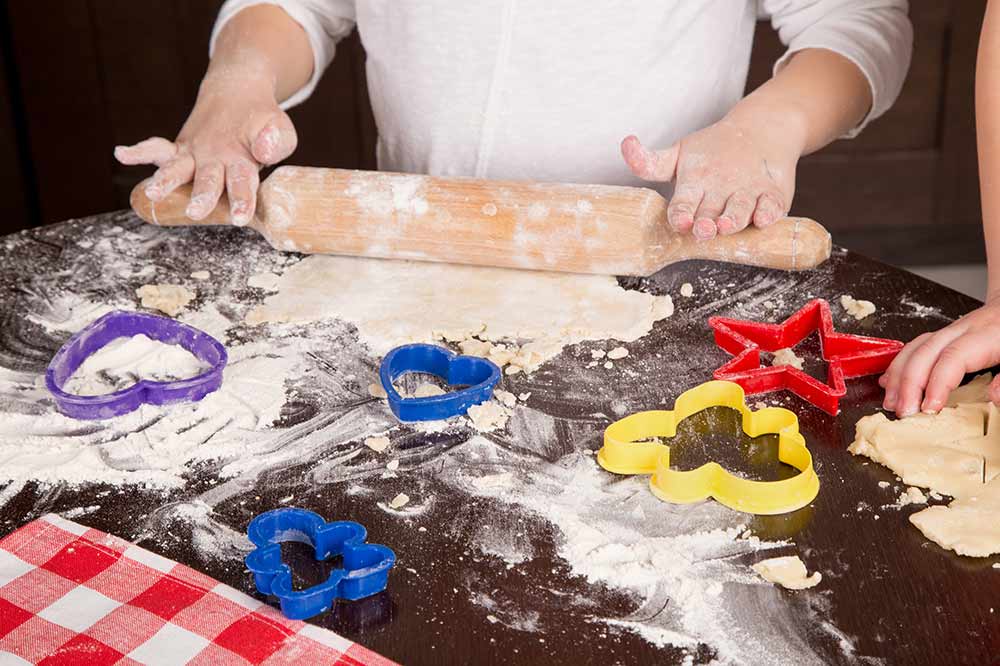
2. Engaged Learning
A youngster who enjoys learning grows up to be an adult who is rarely bored. Limit television viewing and promote plenty of reading, play, and open-ended inquiry to foster a love of learning. Visit the library together, keep craft items on hand, play games, and allow for some messes at home to model curiosity and excitement for learning in your own life.
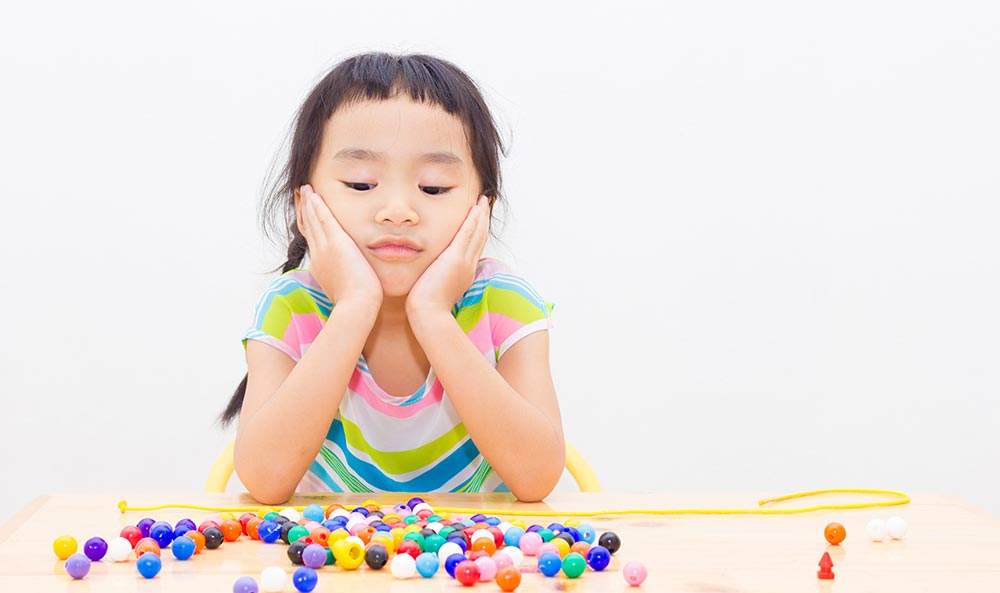
3. Critical Thinking
We live in a complex world where individuals are constantly forced to examine data and make decisions about a variety of issues. Rich, open-ended play is one of the finest ways to develop critical thinking. Ensure that your youngster gets time to play alone or with friends each day. Roleplay (like firefighters or superheroes) activities, construction games, indoor and outdoor games are all examples of this type of play. Children develop critical thinking skills through forming hypotheses, taking risks, trying out their ideas, making mistakes, and finding answers via play.
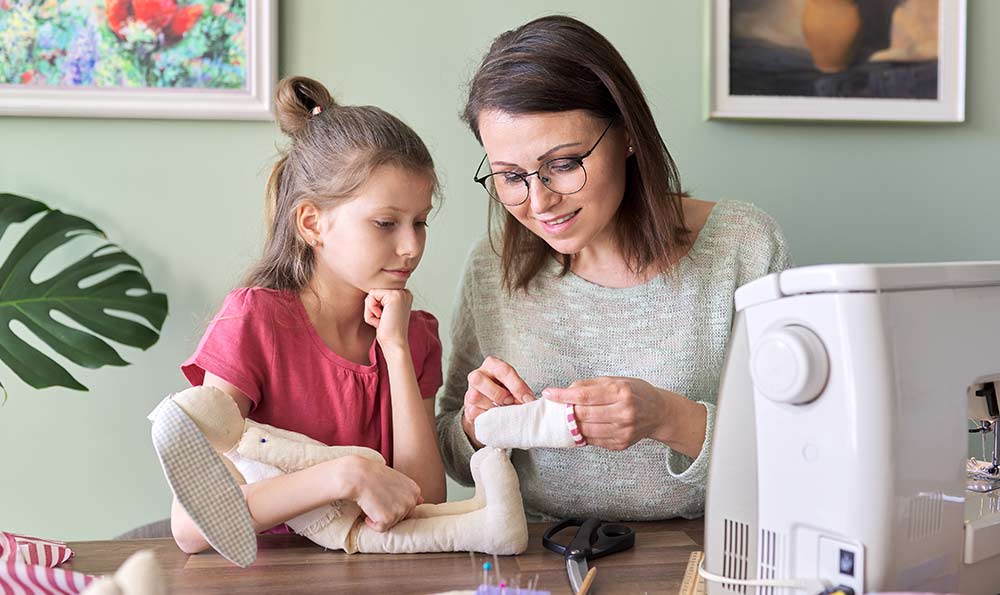
4. Connecting The Dots
According to Galinsky, true learning occurs when we can detect connections and patterns between seemingly unrelated events. The more connections we form, the more reason and meaning we may get from our surroundings. As they sort fundamental household goods like toys and socks, young children begin to notice connections and patterns. Simple behaviours, such as dressing appropriately for the weather, assist kids in forming bonds. Make more abstract connections in your life or in stories you read, for example, 'This book reminds me of when we went to the beach and picked seashells.'

5. Communication
Every day, children require high-touch personal interactions to develop healthy social-emotional abilities, such as the ability to comprehend and communicate with others. Children must learn to 'read' social signs and listen carefully, regardless of how quickly they develop these skills. They must examine what they want to say and how to say it most effectively. Simply conversing with an interested adult can aid in the development of these abilities. Every day, devote uninterrupted time to listening to and responding to your youngster.

6. Understanding Perspectives
Many children don't instinctively consider other people's perspectives, but they can learn to do so. Discuss the sentiments and motivations of the characters in the novels you've read. For example, say 'I'm not sure why the cat and the pig wouldn't aid the little red hen.' Make inferences about how others are experiencing, such as, 'Your friend was disappointed because he didn't have a turn. I'm not sure what we can do to cheer him up.'
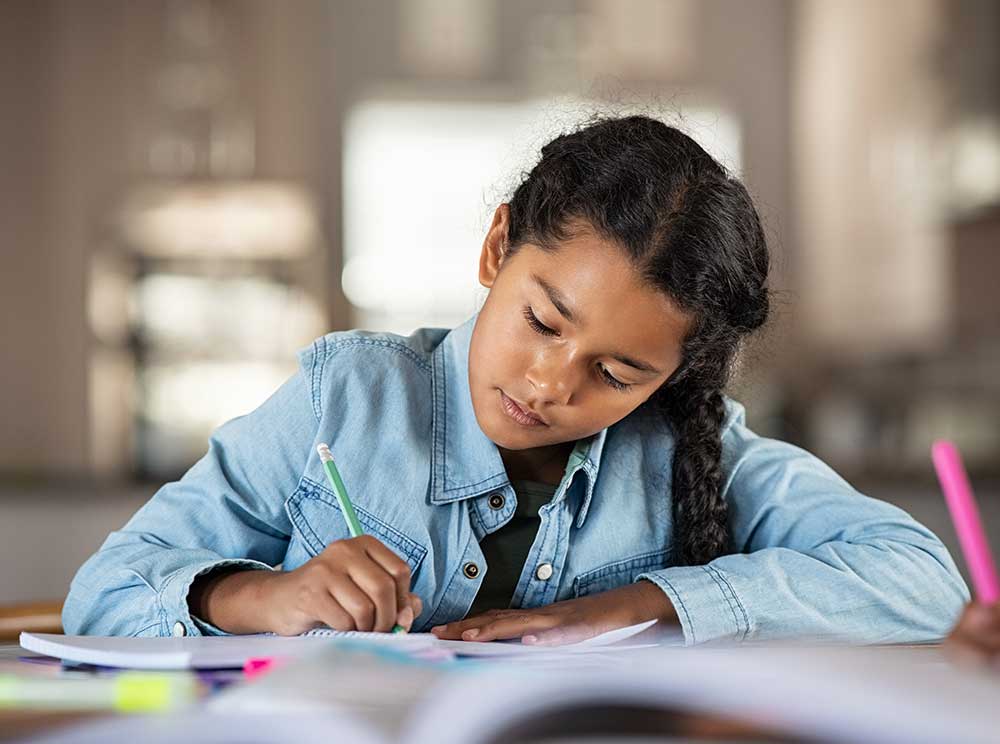
7. Focus And Self-Control
Schedules, habits, and routines are beneficial to children because they provide a sense of security while also teaching them self-control and focus. Discuss what to expect each day with your youngster. Organise your house so that your youngster understands where to keep their shoes, jackets, and other personal items. We live in a noisy, distractible environment; quiet activities like reading a book, participating in sensory activities, or working on a puzzle with your child can help them slow down and focus.
Also Read: Smart Learning: All You Need To Know About Experiential Learning
Also Read: Things To Learn: Does Education Help One's Emotional Intelligence?